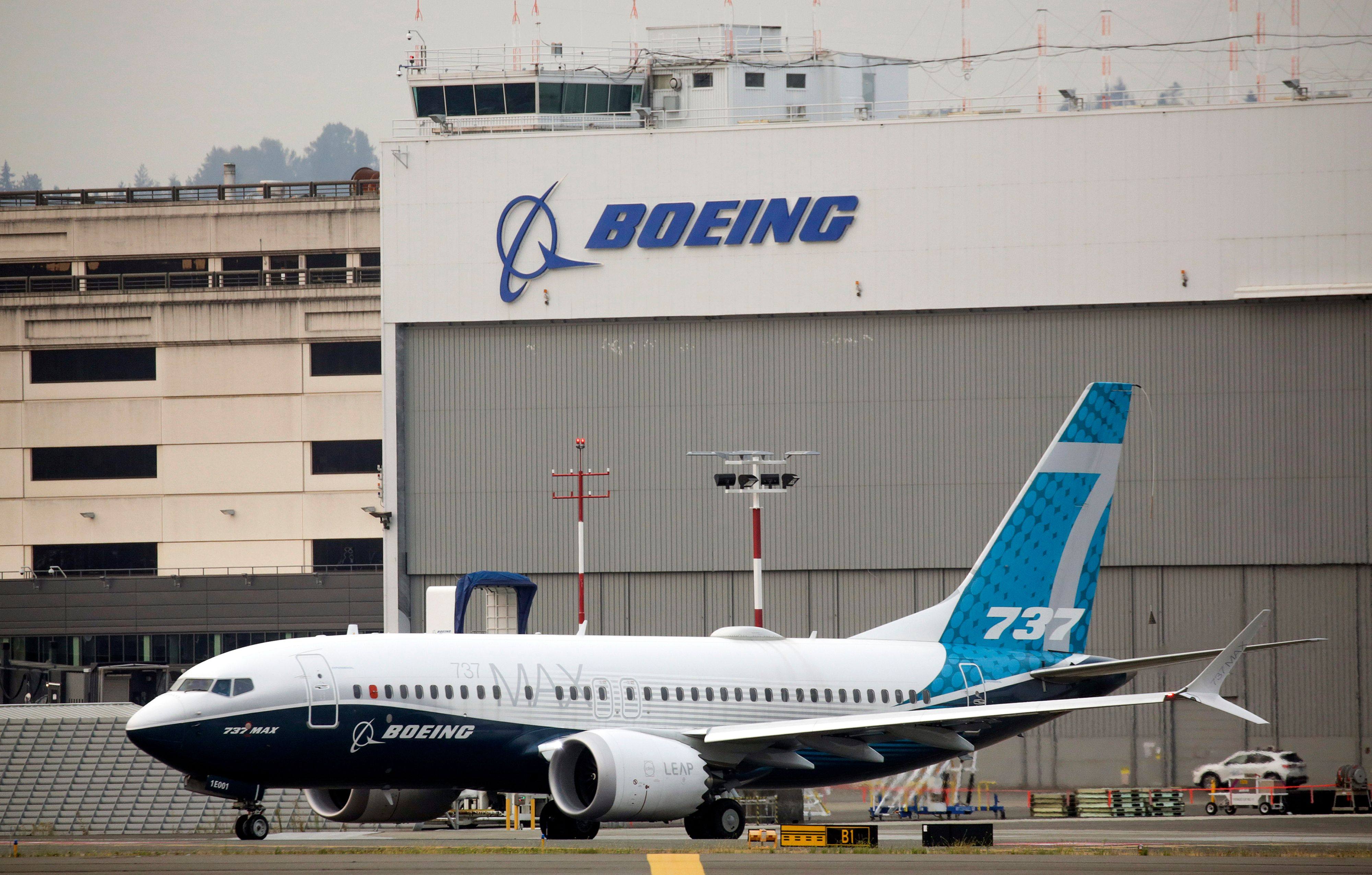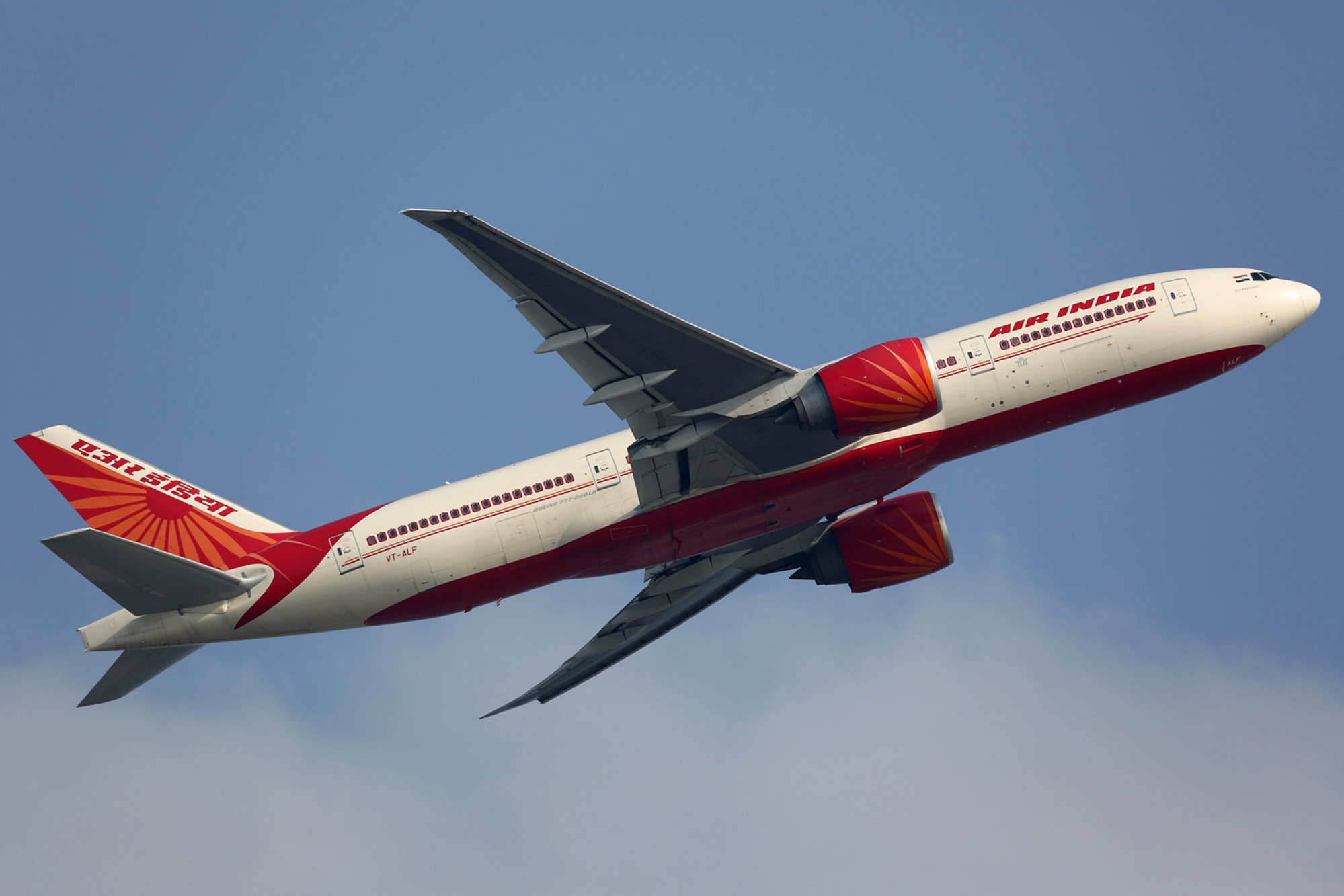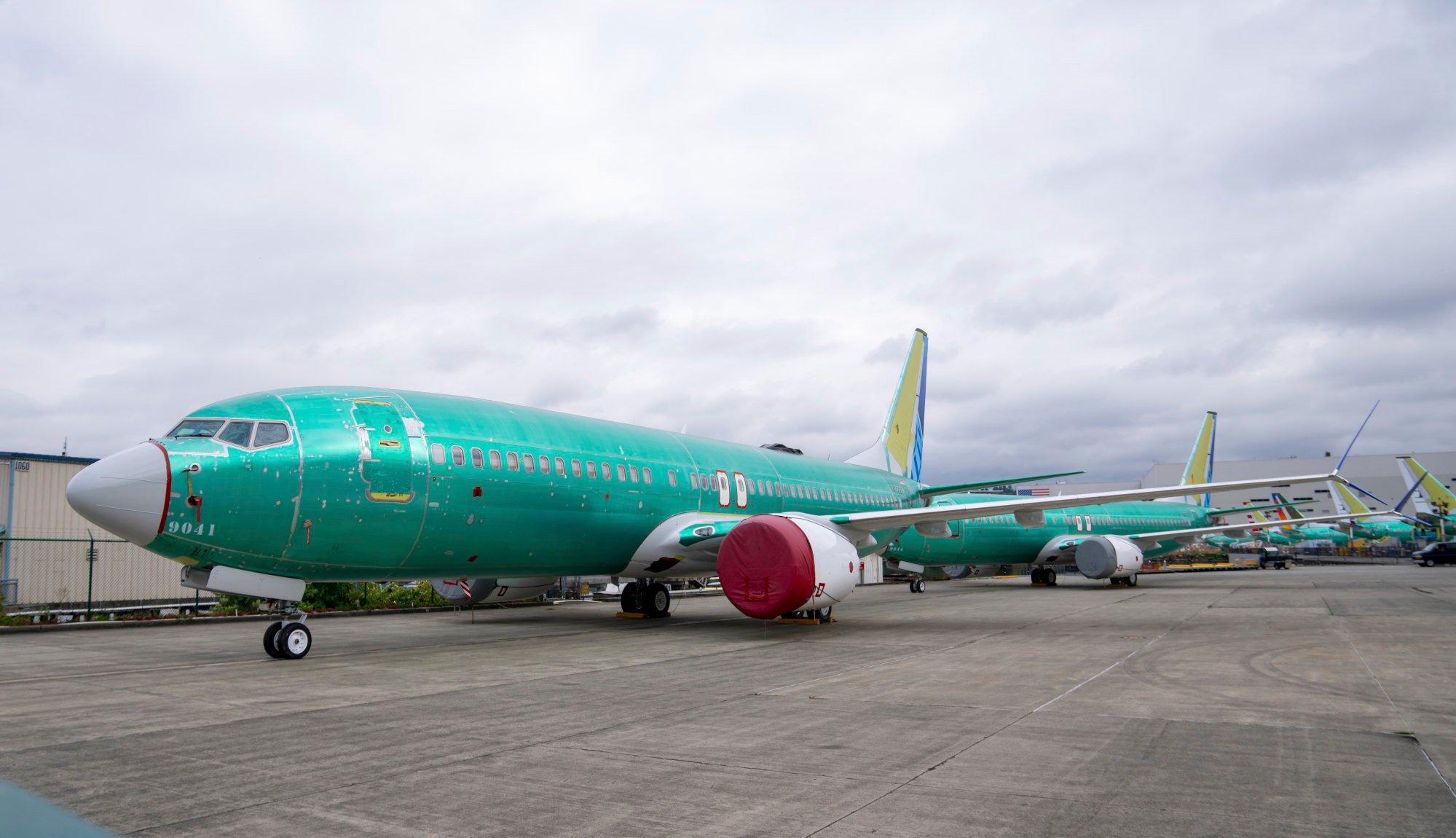How India is waiting in the wings to seize China-rejected Boeing planes
If Indian carriers can acquire the jets, it could ease capacity issues and boost the country’s aviation growth

India’s airlines are circling dozens of Boeing jets rejected by Chinese carriers, in what aviation analysts describe as a rare convergence of geopolitics and market timing that could give Indian aviation a decisive edge amid global supply constraints and surging passenger demand.
The potential deal – led by Air India, which aims to acquire up to 10 of the 737 Max jets – could offer a windfall for Indian carriers facing capacity shortfalls and delivery delays from both Boeing and rival manufacturer Airbus.
An industry executive familiar with the ongoing negotiations told This Week in Asia that talks between Indian operators and Boeing were at a “serious stage, if not the final phase” of reaching an agreement.
Air India declined to comment, but Boeing told This Week in Asia that the national carrier was potentially one of several options under consideration for the diverted aircraft.
“The deal appears quite bright at this stage, and it’ll be a bounty for Indian aviation as it will add more planes with literally no waiting time. However, specifics need to be ironed out,” said the industry expert, who was not authorised to speak to the media.
Senior government officials in New Delhi are believed to be aware of the negotiations.

The latest twist in the India-China aviation saga emerged after Boeing’s CEO Kelly Ortberg stated during an earnings call on April 23 that many Chinese operators had refused to take delivery of previously placed orders, a consequence of the tit-for-tat trade tensions with the US.
“We have approximately 50 China deliveries in our plan for the balance of the year,” Ortberg said.
Air India Express, the budget arm of the flagship carrier, currently operates a 100-strong fleet and is seeking to expand to meet the increasing demand for air travel in the country.
The airline also had a successful history of acquiring “white tail” aircraft – planes built for one customer but later sold to another.
“[Air India’s] interest makes strategic sense for several reasons. Indian carriers are experiencing robust growth but facing severe capacity constraints due to global aircraft delivery delays from both Boeing and Airbus,” said Manish Chheda, managing partner and India CEO of aviation consulting firm YCP Auctus.
“The airline already accepted 41 Boeing 737 Max jets originally built for Chinese airlines through the end of March 2025, showing both their capability and willingness to integrate these aircraft into their fleet,” Chheda added.
Indian aviation
Driven by a burgeoning middle class, a rise in low-cost airlines, and a favourable policy landscape, India boasts one of the fastest-growing aviation markets in the world. Airport expansion, a young demographic of travellers, and a competitive selection of airlines are all contributing to unprecedented growth in the sector.
The country currently operates about 850 passenger aircraft, with European manufacturer Airbus comprising roughly 70 per cent of the fleet.
Forecasts suggest India will require an additional 2,000 planes over the next two decades, with orders expected to be split between Boeing and Airbus.
The Indian government has long urged both manufacturers to establish final assembly lines domestically to boost production and job creation – but those efforts have yet to bear fruit.
Nonetheless, the potential acquisition of China-rejected aircraft could offer significant short-term advantages.
“It addresses the critical capacity crunch affecting Indian carriers. The addition of these aircraft would allow for rapid fleet expansion at a time when passenger demand is exceeding available capacity,” Chheda said. “This is particularly valuable when global supply chain issues are causing extended delays in new aircraft deliveries from both Boeing and Airbus.”
The Covid-19 pandemic severely disrupted global aviation supply chains, and the industry has yet to recover from the resulting multi-year backlogs fully.
India, too, continues to feel the effects of delayed deliveries.
But, from a competitive standpoint, the acquisitions may be secured at favourable terms, improving Indian carriers’ financial positions. While pricing details were private, airlines could gain negotiation leverage for better terms than standard new orders, Chheda said.

Hurdles ahead
However, obtaining aircraft originally meant for Chinese airlines comes with its own set of challenges. Repurposing planes to meet Indian regulatory standards, updating avionics, securing necessary approvals, arranging financing, and managing branding transitions are all hurdles that must be addressed.
“The rest of the world is going through a recessionary phase in one form or another. So, India has an opportunity here,” said Harsh Vardhan, chairman of New Delhi-based aerospace firm Starair Consulting.
“The reintegration is not a simple task because the consideration for each operator is different,” Vardhan added. “When there is a planned induction, even the technicians and crew are available, but that is not the case here. You cannot simply purchase the aircraft and start operating, but you need to develop the market for them first.”
He also noted that, given the long-term health of the global aviation sector, the US and Chinese governments may still find common ground to resolve the Boeing deals.
Chheda echoed this sentiment, saying that although hurdles remain, the benefits for India far outweigh the obstacles.
“Other Asian carriers are also eyeing these available aircraft, creating competitive tension in acquisition negotiations. Speed in decision-making and execution will be crucial for successful closure of these deals,” Chheda said.